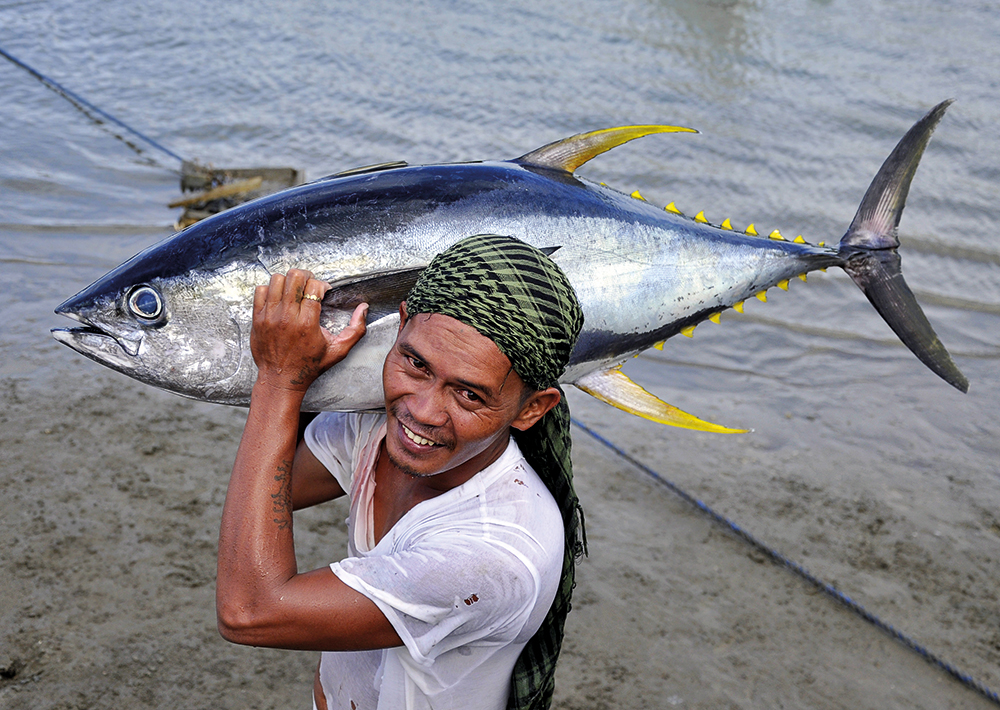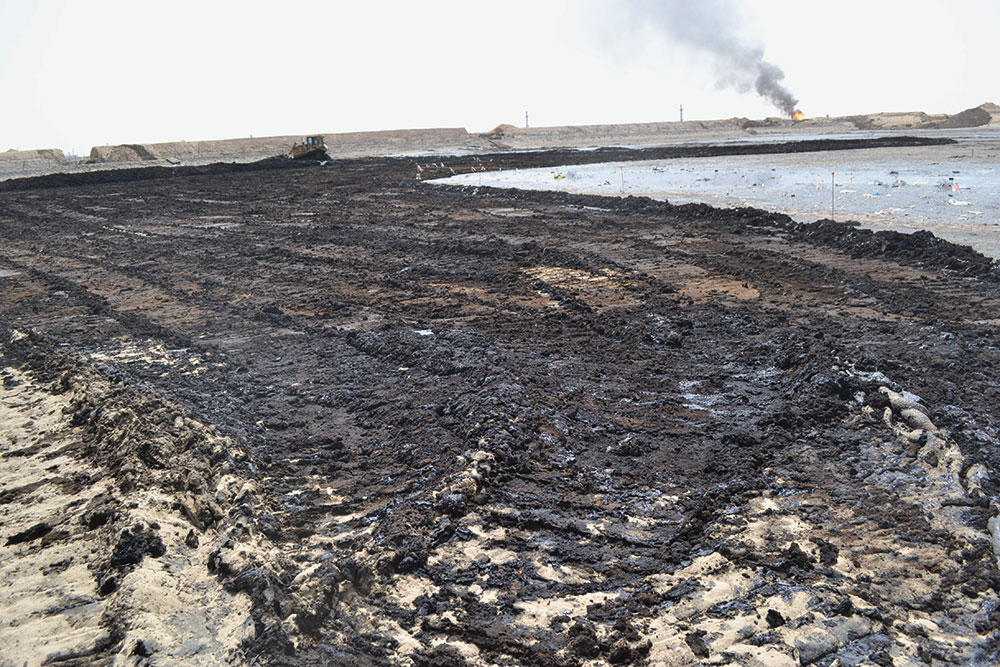Strengthening family farms: a path to follow in combatting poverty in Africa
A project in Burkina Faso has given a clear demonstration of what supporting family farms can achieve in terms of poverty alleviation and rural development. One important success factor was the transfer of land to farmers, accompanied by a secure land-tenure policy adapted to their needs.











